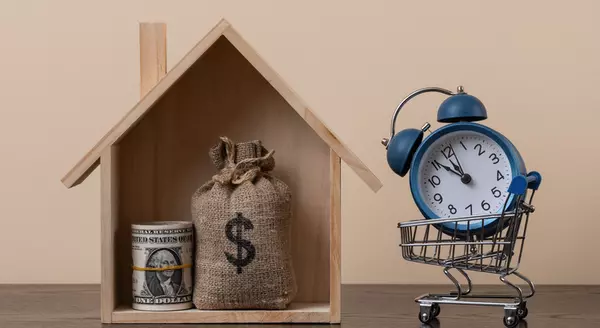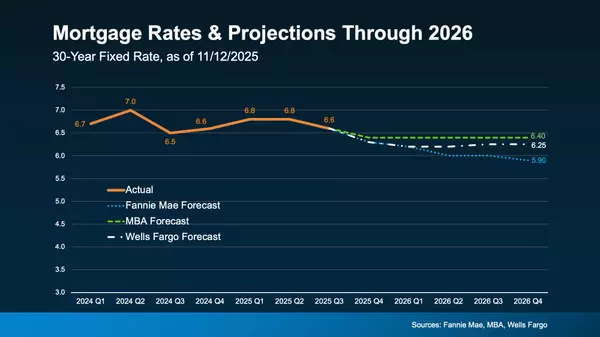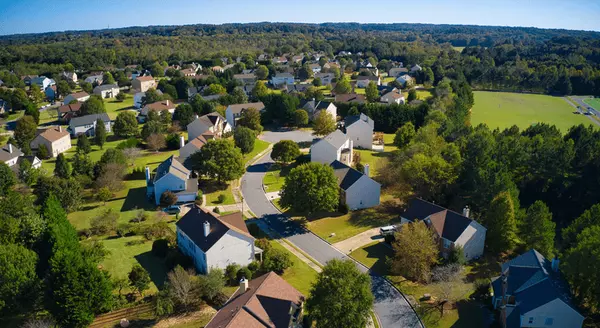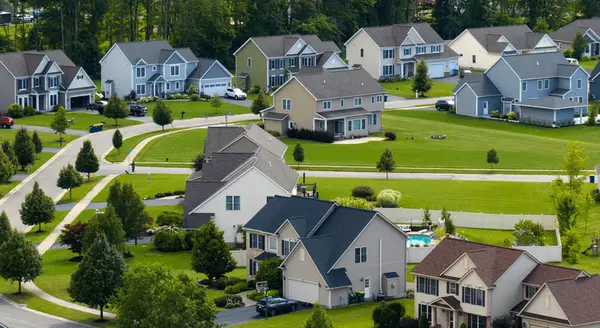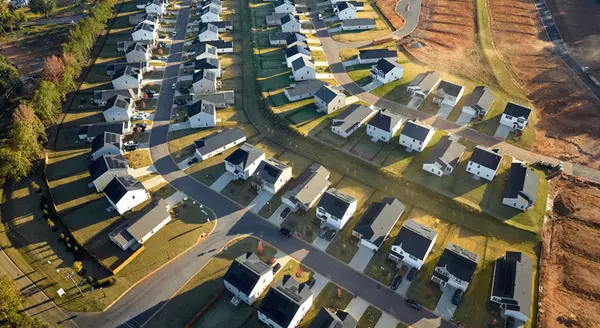
Builder Incentives Reach 5-Year High
Even with more homes on the market right now, some buyers are still having a tough time finding the right one at the right price. Maybe the layout feels off. Maybe it still needs some updating. Or maybe it’s just more of the same. That’s why more buyers are turning to new construction – and finding

What Mortgage Delinquencies Tell Us About the Future of Foreclosures
You may be seeing headlines about how foreclosures are rising. And if that makes you nervous that we’re headed for another crash, here’s what you should know. According to ATTOM, during the housing crash, over nine million people went through some sort of distressed sale (2007-2011). Last year, the
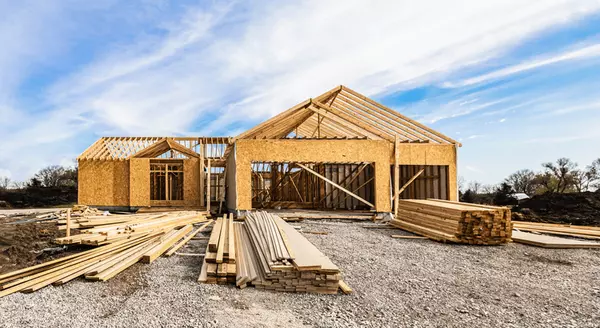
Are These Myths About Buying a Newly Built Home Holding You Back?
If you’ve been passing on newly built homes in your search, you might be doing so based on outdated assumptions. Let’s clear up a few of the most common myths, so you don’t miss out on a solid opportunity. Myth 1: New Homes Are More Expensive It’s easy to assume a new build will cost more than an ex
Categories
Recent Posts
